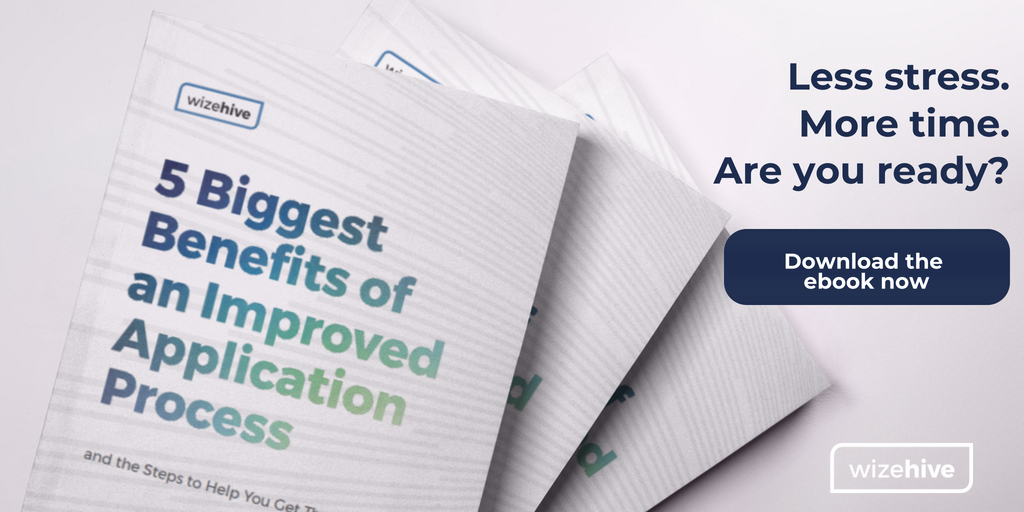While purchasing a new system can be daunting, some basic research could reveal that spending will actually save your organization money -- and sooner than you might think.
Time is money. Then again, money is money. And when you are running a foundation or other non-profit, it can feel like both are all too scarce.
When you insist on double-sided printing and are aiming to send the majority of incoming cash back out the door again to further, improve, and empower your community, it’s difficult to justify, let alone sell, the idea of an “internal” investment. But when you are spending countless hours exporting, sorting, tallying, and manipulating data in bloated Excel sheets or limping through an outdated legacy system, it could be all you dream about.
Before you schedule that meeting to explain/ask/beg, strategize. Here are some starting points.
Decide on your main reasoning
There may be an endless list of reasons you personally want an application management system, but there are a few that nearly all members of your organization will be able to agree on and see the benefit of. For most foundations and nonprofits, the big takeaways are:
- Efficiency (On average 50% more time to spend on fundraising or researching new giving areas)
- Reduction in human error
- Easier experiences for your applicants (Which leads to more completed submissions … up to 20% more)
- A simpler process for reviewers (Saving both you and them precious time)
- Better access to data and reporting
Dig into how each of these would apply specifically to your team, programs, and goals.
Know your audience
Who is the final approver on major purchases and/or process changes? Think about them, their daily workload, and their major goals for your organization. How would a switch to an application management platform positively impact them? While the potential cost-savings will always be of importance, be sure to consider other ways the platform could be a benefit. Will it save them or their direct reports time that could be spent on other initiatives or a pet project? Would it eliminate a pain point that has been bothering them, like difficult reports or accounting integrations? Could it make them look more polished or effective to their superiors or the board?
Do your homework
Inevitably the first question is going to be “how much?”. Know the answer … and explain why it’s justified. Have a full list of the features that go into the platform and how not having them or trying to handle some of them piecemeal would actually increase costs over time. Explain how cloud-based programs are continually evolving and ensuring great long-term satisfaction and cost-savings thanks to continual updates and support. A cost calculator like this one from Software Advice may help prove the case over a current, antiquated system.
Focus on your ROI
How long does it take you and your team to handle you end-to-end process now? Now assume at least a 50% savings in time with a new, cloud-based system, and show that impact in real numbers.The cost savings right there may be enough to help your organization digest the large initial cost associated with implementing a new platform. Measuring the return on investment for a technology product cannot always be exact, but it can be eye opening. Back that data up with other numbers, too. How much time will your reviewers save? Will the process bring in better applicants? Will donors have better access to data that keeps them invested?
.png?width=750&height=628&name=Cost%20savings%20graphic%20(1).png)
With hard facts and obvious benefits on your side, your case is strong. And when you invest in your foundation or nonprofit, you inevitably are investing in your mission, community, and beneficiaries. Win/win.
